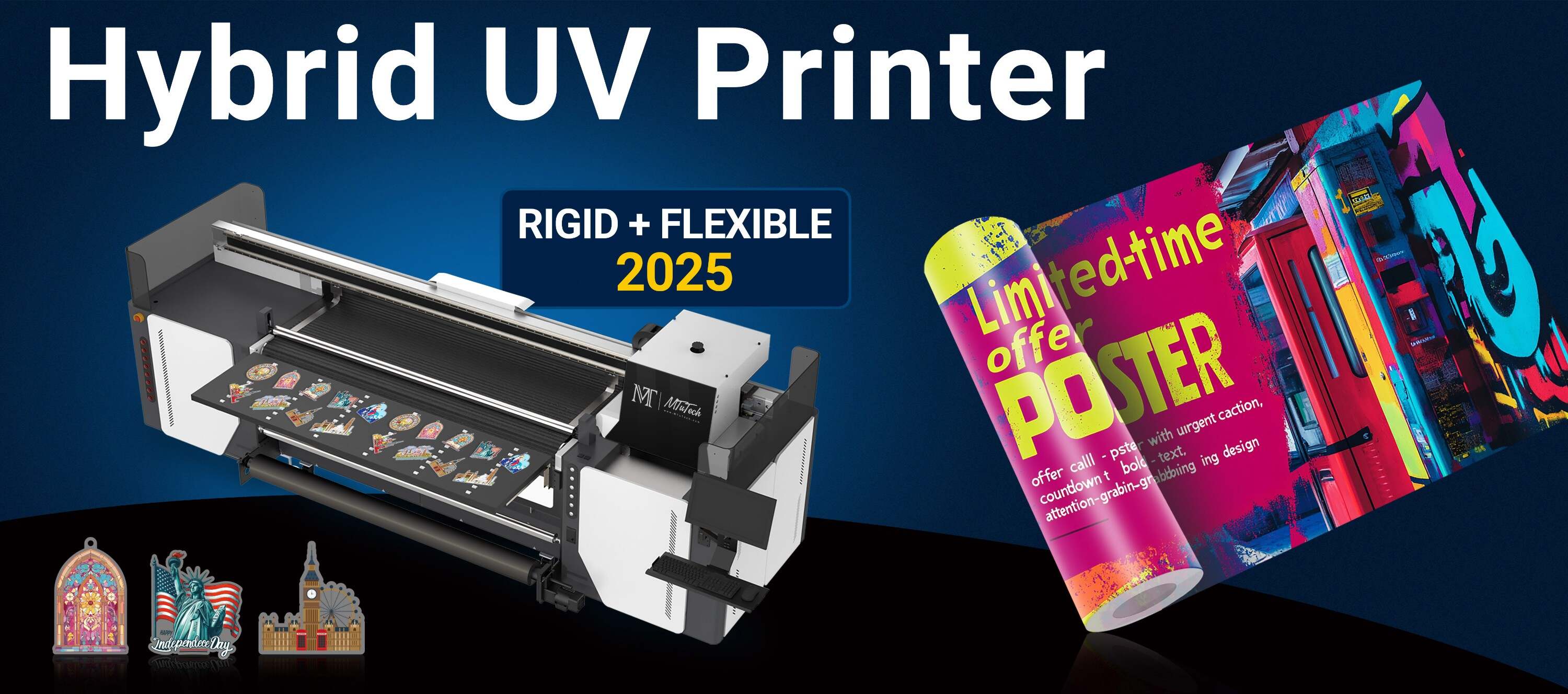How to Price Your UV Printed Products for Maximum Profit
Introduction
UV printing offers incredible opportunities to tap into profitable markets — from customized gifts and signage to industrial printing and product branding. However, even the best quality prints won’t make your business thrive if your pricing strategy isn’t optimized. In this blog, we’ll walk you through how to effectively price your UV printed products to maximize profit while staying competitive.
Understand Your Costs First
Before setting prices, it's essential to understand all your costs:
- **Material Costs:** Inks, substrates, coatings, and packaging.
- **Machine Operation Costs:** UV lamp power, maintenance, print head usage.
- **Labor:** Time spent on setup, printing, and finishing.
- **Overheads:** Rent, utilities, software, marketing, etc.
Factor in Equipment Depreciation
Your UV printer is a long-term investment, but it depreciates over time. A smart pricing strategy includes allocating a portion of each sale toward equipment depreciation. This ensures you’re setting aside money for future upgrades or replacements.
Add Your Desired Profit Margin
After covering costs, decide on your markup. A 30-50% margin is standard in UV printing, but for niche or personalized products, you can even go up to 100% or more. Pricing also depends on your target market — bulk B2B pricing is different from premium personalized gifting.
Use Value-Based Pricing Where Possible
Don’t just price based on cost — consider what your product is worth to the customer. Unique UV printed phone cases or customized decor items can command higher prices due to their perceived value and personalization.
Offer Tiered Pricing Models
Encourage bulk orders and client loyalty with tiered pricing:
- 1–10 pieces: Full price
- 11–50 pieces: 10% discount
- 51–100+: 20% discount
This model incentivizes larger purchases and helps with cash flow.
Factor in Market Trends and Competitor Pricing
Research what others in your niche are charging. Tools like Etsy, Amazon, or local print shops help you understand market expectations. Position your pricing slightly above or below based on your brand value, quality, and turnaround time.
Consider Dynamic Pricing
For online stores or B2B clients, consider using dynamic pricing models that adjust based on demand, season, or production load. This can help you stay flexible and maintain profitability during slow seasons or busy rushes.
Conclusion
Pricing is not just a numbers game — it’s a strategy. By understanding your costs, factoring in value, and adjusting based on the market, you can build a profitable UV printing business that thrives in any economy.
Want a reliable and efficient UV printer to help you scale your pricing strategy and output? Check out our feature-rich model today.

